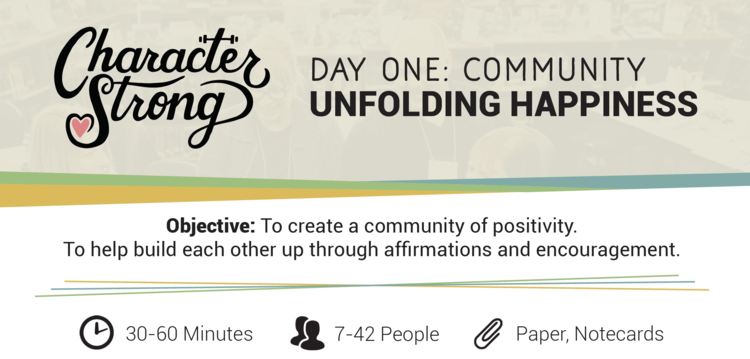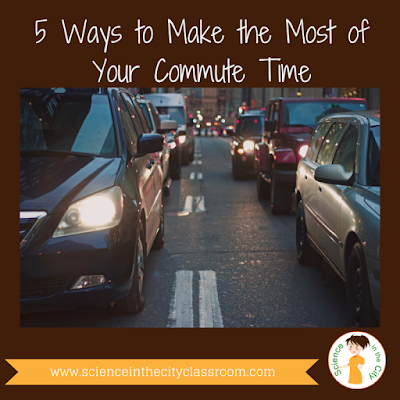As teachers, there is always a balance between teaching students our content area, and following the curriculum, but also teaching students other core skills that they will need for our class or for others. I am often asked about how to integrate more math into science class. Here are five strategies that I have found to be helpful.
Five Strategies to Integrate Math into Science Class
- Talk to your math teachers; find common ground on how you are teaching the content. It is confusing to students if we are teaching the same or very similar concepts but using different language, or slightly different instructions. Pull out key math concepts that you need the kids to know and talk to your math teachers. Find out if they cover those topics. At what grade level, how do they already teach it? This might include things like graphing, solving a proportion, converting units, or basic algebraic equations. Kids have a hard enough time transferring skills between classes, or retaining what they learn and applying it outside of class. Any time we can put in working with the math teachers to come up with a common language and skill set will absolutely benefit both of us.
- Utilize opportunities to talk about number sense and practice if the answers make sense. Kids are often so stuck on doing the steps, and getting an answer, often using a calculator, that they don’t stop to think about their answer and consider if it makes sense. I like to put a stop to this, if possible, by starting the concept or math lesson with very easy numbers, and not letting them use a calculator. Keep the numbers SUPER easy so they build up some confidence and focus on the topic.
- When it gets too complicated, it’s ok to use a calculator. After they’ve gotten the idea, I think it’s ok to use a calculator. Many times, kids get frustrated and overwhelmed by the numbers. If, in fact, they will be able to use a calculator going forward, then I think it’s ok for them to use a calculator moving forward in the class, and they have an understanding, then allow them to focus on the concept.
- If there is a good climate for collaboration, take it one step further. Work with your math colleagues to use some of your data from science class for math. This can be done in many parts of math class, practicing graphing, data analysis, and more. Here is a great example Successful Math and Science Teacher Collaboration: The Administrator's Role
- Last, but absolutely not least, build up students’ math confidence. Many students can do the calculations, but they struggle to feel confident and to be comfortable applying their knowledge, particularly in a new situation. I cannot overstate how important it is for kids to feel comfortable. They will more willing to practice and take risks if they feel more comfortable.


















